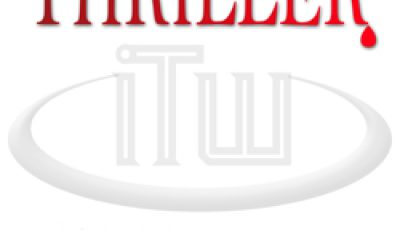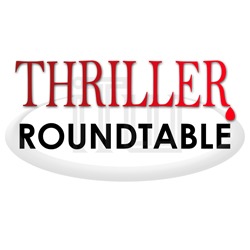

April 25th to May 1st: “What’s the single most important thing your agent does for you?”
 Join us for a thrilling discussion next week as ITW Members Karen Dionne, Carla Buckley and Chevy Stevens answer the question: “What’s the single most important thing your agent does for you?” It’s a thrilling, can’t-miss discussion and it’s all right here!
Join us for a thrilling discussion next week as ITW Members Karen Dionne, Carla Buckley and Chevy Stevens answer the question: “What’s the single most important thing your agent does for you?” It’s a thrilling, can’t-miss discussion and it’s all right here!
Detroit native Karen Dionne is the internationally published author of two environmental thrillers, Freezing Point and Boiling Point. She serves on the International Thriller Writers board of directors as Vice President, Technology, and is co-founder of the online writers community Backspace, where she organizes the Backspace Writers Conferences held every May in New York City. Karen is also a member of Sisters in Crime and the Mystery Writers of America.
Carla Buckley is the debut author of The Things That Keep Us Here. She has worked in a variety of jobs, including a stint as an assistant press secretary for a U.S. senator, an analyst with the Smithsonian Institution, and a technical writer for the Tomahawk Missile System. Named a Thurber House “New Voice in Fiction,” Carla chairs the International Thriller Writers Debut Program, and lives in Ohio with her husband, children, and two dogs. Bantam Dell will publish Carla’s next book, Invisible, in 2012.
Chevy Stevens grew up on a ranch on Vancouver Island and still calls the island home. For most of her adult life she worked in sales and then as a Realtor. At open houses, waiting between potential buyers, she spent hours scaring herself with thoughts of horrible things that could happen to her. Her most terrifying scenario, which began with being abducted, was the inspiration for STILL MISSING. When she’s not working on her next book, she’s hiking with her husband and dog in the local mountains.
- LAST GIRL MISSING with K.L. Murphy - July 25, 2024
- CHILD OF DUST with Yigal Zur - July 25, 2024
- THE RAVENWOOD CONSPIRACY with Michael Siverling - July 19, 2024
